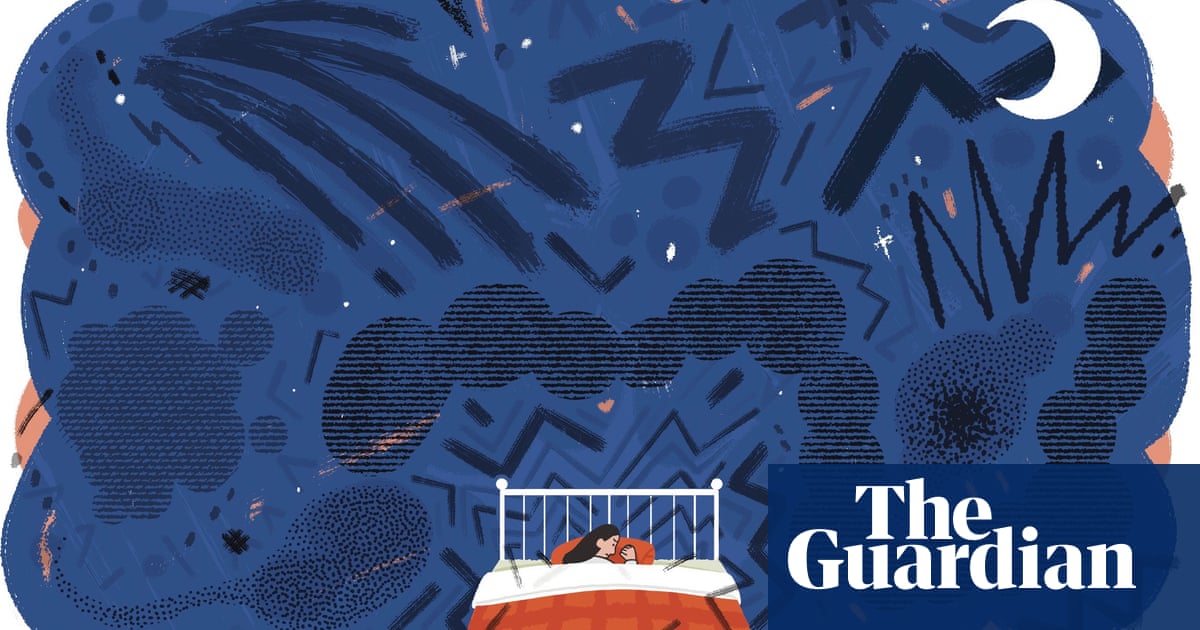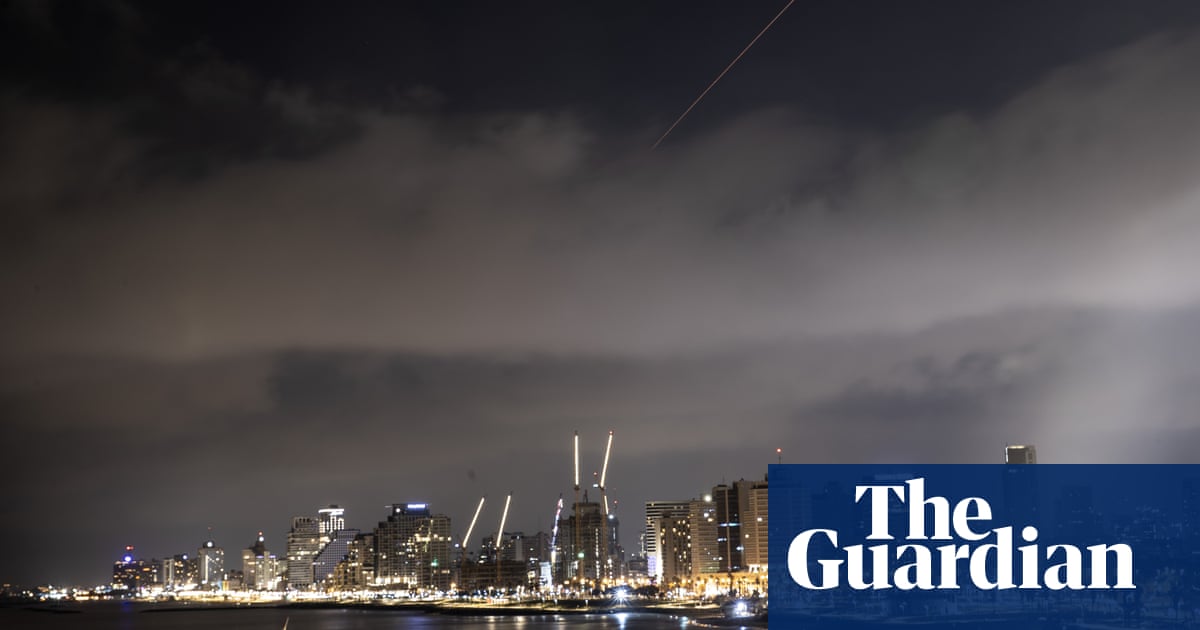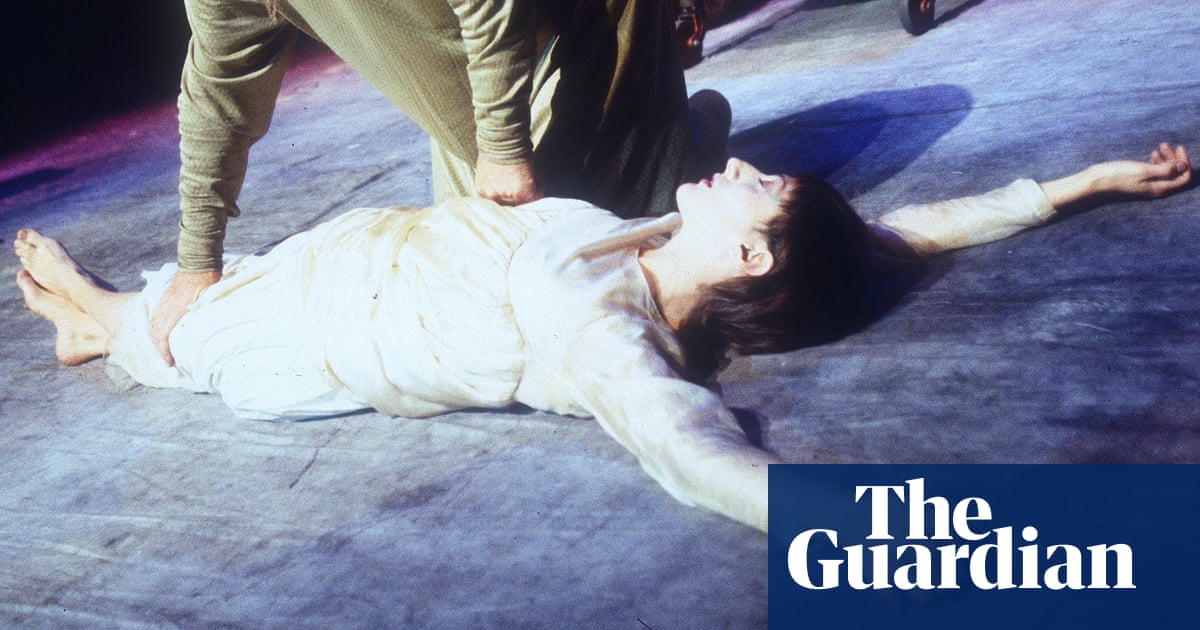
Posey Mehta, like many performers at the Edinburgh fringe, has been flyering for her own show. It’s called I Am Not a Gorilla so she took to the streets in a gorilla costume. She did not expect to encounter daily sexual harassment.
Mehta has experienced “persistent verbal and physical harassment” such as “non-consensual touching, including men coming up behind me and grabbing my bum”. She continues: “I’ve experienced men and women hugging me, and tweaking, touching or rubbing the nipples of my gorilla costume, which are obviously directly on top of my actual breasts. These interactions have made me feel so unsafe that I now wear a bra over my costume.”
On one occasion, two men who were abusive on the street came to her show and continued to harass her. Her venue, Underbelly, stepped in and removed them, but she has experienced further unpleasant incidents since. An Underbelly spokesperson said: “Performers should always feel safe when flyering and performing. We’ve since spoken with Posey to discuss ways in which we can support her moving forwards. Regarding the disturbance in her show, we’re pleased to confirm that the two people concerned have been banned from all Underbelly sites.”
Other comedians have reported feeling unsafe when working late at night. Faye Treacy originally had an early-evening show, but soon discovered that her noisy venue wasn’t suitable for her solo musical act. She felt forced to move venues, taking the only free slot at 11.50pm. When she finishes work at around 1am, the street near Cowgate is flooded with drunk people. Treacy is staying on the outskirts of Edinburgh to save money, but there are no night buses. “Night after night, I stand alone waiting for cabs while I get harassed on the street,” Treacy says. “I’d like to see a fund for cabs for performers and employees working anti-social hours.”
In past years she was aware of the Home Safe Collective, established by Angela Barnes in response to the murder of comedian Eurydice Dixon in Australia. “It shouldn’t be left until there is a tragic incident for us comics to set up a fund. Even then, when something terrible happens, it is talked about for a bit, then it goes away and we end up in this cycle of inaction,” Treacy says. “It should be something the Edinburgh Fringe Society and/or venues commit to providing every year without fail.” Representatives for Treacy’s venues have been approached for comment.
Many of the issues that exist on the comedy circuit all year round – precarious working conditions, late-night finishes, alcohol and close contact with relative strangers – can be exacerbated at the fringe. Nina Gilligan is the co-founder, along with Kiri Pritchard-McLean, of Get Off! Live Comedy, an organisation that launched in late 2021 to tackle sexual harassment. Comedy venues and promoters become paid members, giving them access to sexual harassment policies, training and an independent HR service.
At Edinburgh this year, as participants faced the uncertainty of a post-pandemic festival, “safety seems like a luxury instead of a necessity”, says Gilligan. “It’s not top of people’s priority list, but it should be.”
New research from Get Off! and the University of Sunderland saw nearly 850 members of the live comedy industry (more than half of which were men) responding to an anonymous survey. Of these, 21% said they had personally experienced or witnessed sexual harassment, and 74% said it was regular or frequent. Only 11% reported sexual harassment to an authority at work, citing belief that nothing would be done and fears of being dismissed or facing retaliation. Just 6% felt their incident was dealt with appropriately. One in three women in the industry said they had experienced or witnessed sexual harassment.
While Get Off! now has multiple members fully signed up and contributing financially, Gilligan stresses that the whole industry needs to come together. “We’ve had incredible support, we just need to push it over that final bit.” She and Pritchard-McLean are hosting an event at Pleasance Courtyard to raise funds and awareness.
During the festival, trade union Equity launched its own attempt to tackle industry issues. The Comedians’ Charter includes sections on late night safety and harassment, calling for comedy venues and promoters to consider arrangements for late-night travel and develop anti-harassment policies. Equity’s organiser for comedians, Rob Lugg, says: “There is a lot of vulnerability, so we need a systemic approach to who is responsible for that safety.” The Stand comedy club has become the first to adopt the charter and Equity hopes others will follow suit, and that more comedians will join the union.
Meanwhile, the Fringe Society says that its Artist Services team is available to support participants, and two staff members are trained as part of the Old Vic’s Guardians Network, allowing them to listen confidentially and advise colleagues on what action they can take.
However, Mehta and Treacy say they feel it is unclear where to turn. Both express fears that speaking out could jeopardise their shows. “I should be able to concentrate on performing, not wondering if I’m going to make it home safely,” Treacy says. She feels that every venue should commit to proactive ways of looking after fringe performers and workers.
Gilligan says: “The genie is out of the bottle now. Acts are starting to understand their rights: safety is a necessity.”
Get Off! comedy fundraiser is at Pleasance Courtyard, 24 August. Faye Treacy: Where’s Your Head At? is at Banshee Labyrinth until 27 August. Posey Mehta: I Am Not a Gorilla is at Underbelly Bristo Square until 29 August.












